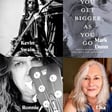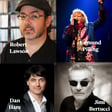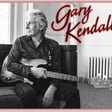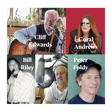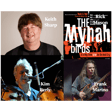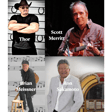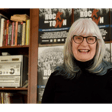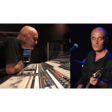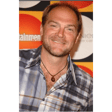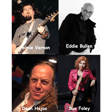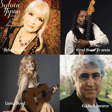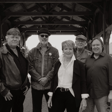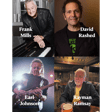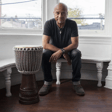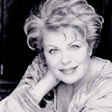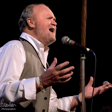Become a Creator today!Start creating today - Share your story with the world!
Start for free
00:00:00
00:00:01

Cherrill Rae Yates, singer, recording artist and half of the singing duo The Raes
Cherrill Rae Yates is a singer and recording artist best known as one half of The Raes singing duo which also featured her then husband, the late Robbie Rae. In this very raw and honest chat with host Dan Hare Cherrill reveals: her complicated personal and professional relationship with the narcissistic Robbie; details of the couples wildly successful TV show ‘The Raes’ and why it ended after 2 seasons; the challenges of touring; why her and Robbie split up; her upcoming movie debut and much, much more. Check out Cherrill’s YouTube channe @CMCYATES
